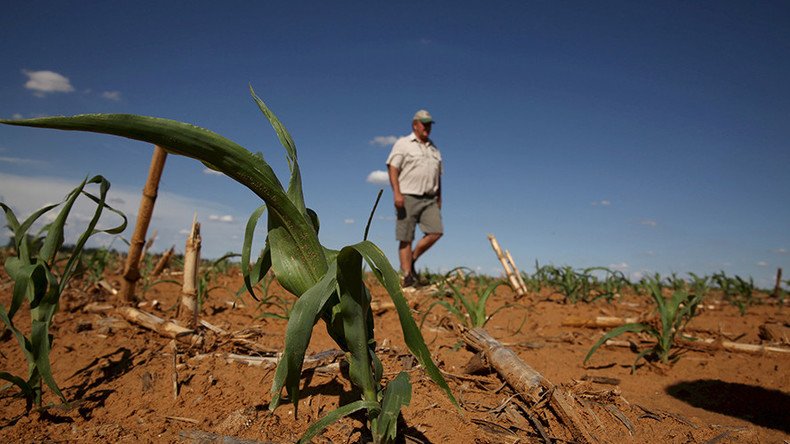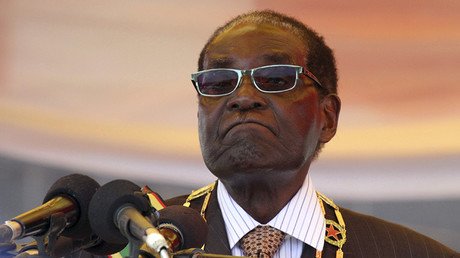S. Africa bill to redistribute whites’ land to blacks risks leaving people homeless

South Africa’s parliament has approved a bill that would see the government make compulsory land purchases from rich whites and redistribute it more fairly to address racial disparities, two decades after the fall of apartheid.
The ruling African National Congress (ANC) has the August elections to consider, and the party has promised to ramp up the series of measures with its Expropriation Bill, South Africa’s Mail & Guardian reports.
Having passed the National Assembly, which added changes on Thursday, the bill will now head to President Jacob Zuma’s desk for signing.
The bill combines a series of measures that would see the land expropriated “in the public interest” and “for public purpose,” and has passed with both the ANC and several opposition parties voting in favor.
"The passing of the bill by parliament is historic and heralds a new era of intensified land distribution program to bring long-awaited justice to the dispossessed majority of South Africans," an ANC statement reads.
SA president Jacob Zuma facing impeachment, future of Mandela’s party in doubt https://t.co/M7CGN2SMWbpic.twitter.com/sLiYaUSFAM
— RT (@RT_com) April 3, 2016
Since the fall of apartheid, about 20 million hectares (50 million acres) of land have been transferred to black owners. According to Al Jazeera, that’s 10 percent of what the whites there owned in 1994. The ANC aims to raise the amount to 30 percent.
But concerns have been voiced the law still requires work, and that there’s a lack of clarity on how the measures will be implemented.
The Democratic Alliance (DA) voted against. The party sees a problem with the term ‘property’, fearing that the loose term would create loopholes allowing more than just land to be taken away – such as shares and intellectual property.
READ MORE: Gang rape a ‘pleasurable pastime’ in black culture, claims South African Judge
Another issue stemming from the legislative requirements is that the sums paid out for the land would not cover outstanding bank payments. According to DA MP Anchen Dreyer, “It is therefore possible that an expropriated owner could end up without a house or farm, and would still need to pay installments on an outstanding bank loan. Which bank would grant such loans?”
The United Democratic Movement (UDM) also voted against on the grounds that the bill would leave out those who were dispossessed of their land before the 1913 Land Act.
The bill is also likely to rely on more than just the market value of the property, and will also include the land’s “current use”, “history of the acquisition” and “the purpose of expropriation.”
One ray of light for the landowners is the possibility of appealing a court’s decision on the amount of rand paid out.
The expropriation bill could also hurt investment into South Africa, economists and farmers worry – an issue that’s especially salient after a recent drought so severe it led to farmland seizures across the border in Zimbabwe.
The government says it’s moving fast with the law so as to correct the mistakes of the past in a swift manner. It promised South Africa would not see the same type of seizures that took place in neighboring Zimbabwe – which was rapidly scaring off investors by forcing companies to close unless they gave up 51 percent of their shares to black Zimbabweans by April 1.
Longtime Zimbabwean President Robert Mugabe is known for being a scourge on white farmers, and it was reported his supporters now own 40 percent of all land expropriated from them. There is one major difference with South Africa: they weren’t being compensated.
“It is essential that all citizens know that their property rights are secure,” Dreyer says. “Moreover it is crucial for foreign investment that property rights are secure. The bill in its current form impedes on this confidence.”














